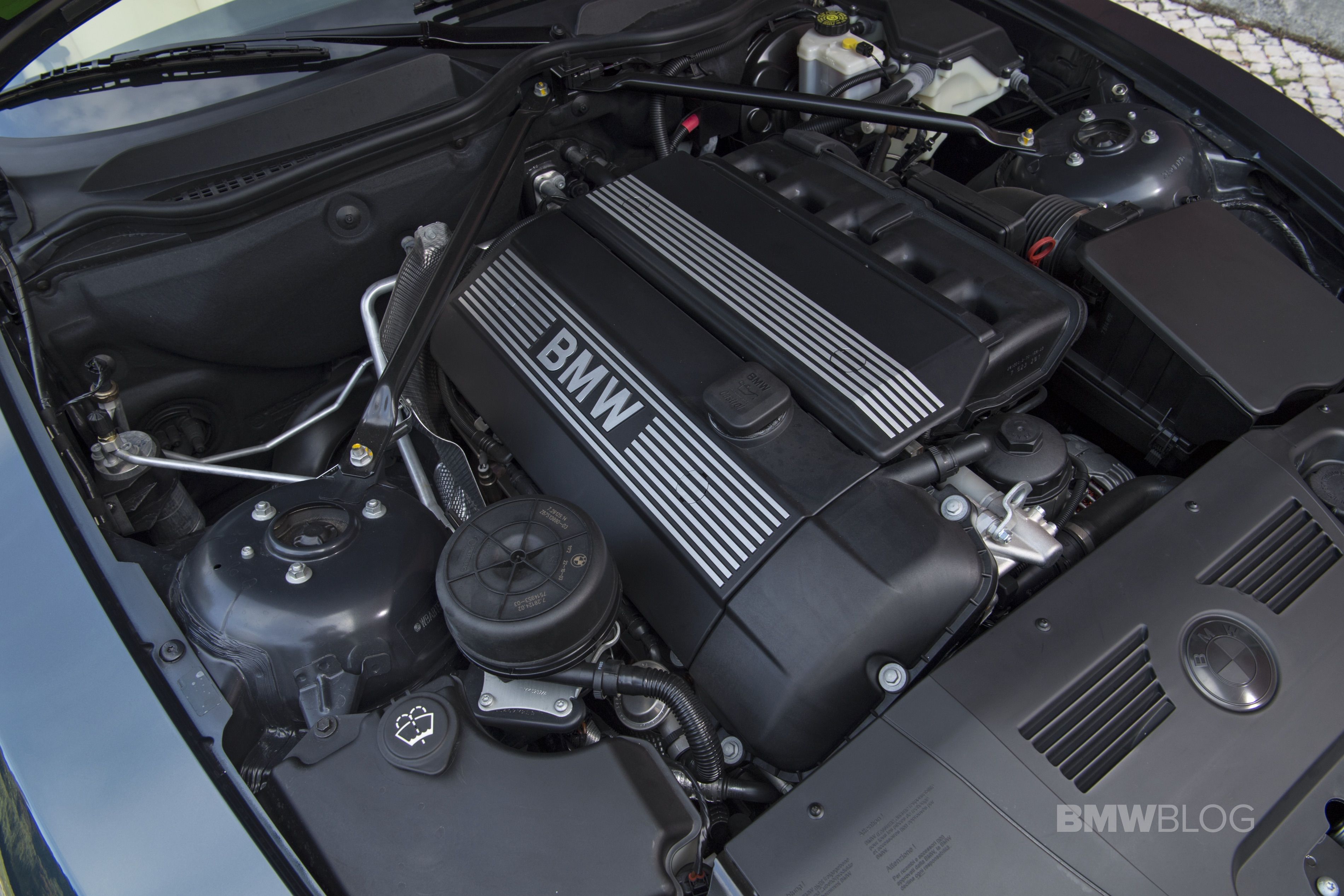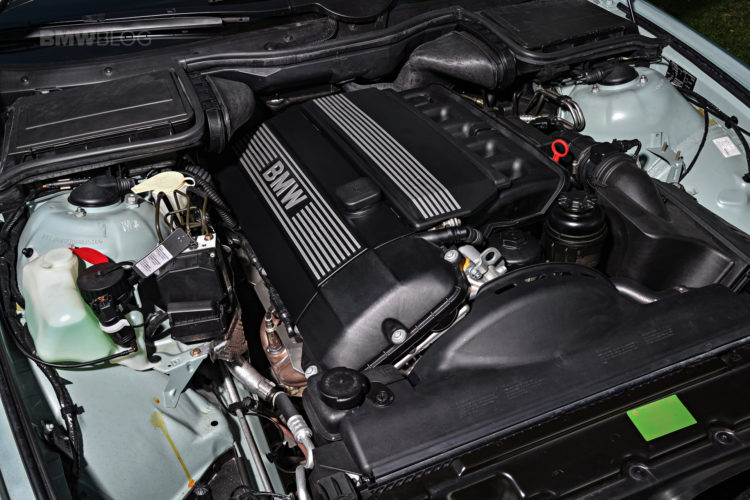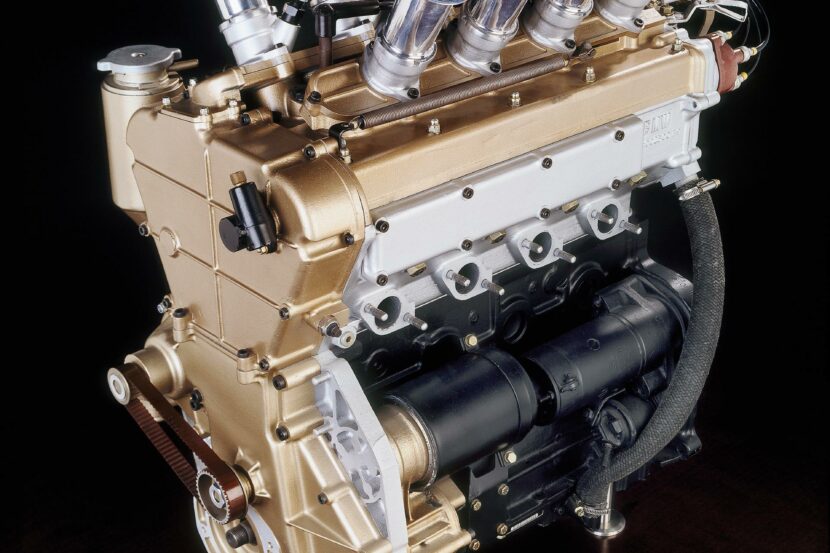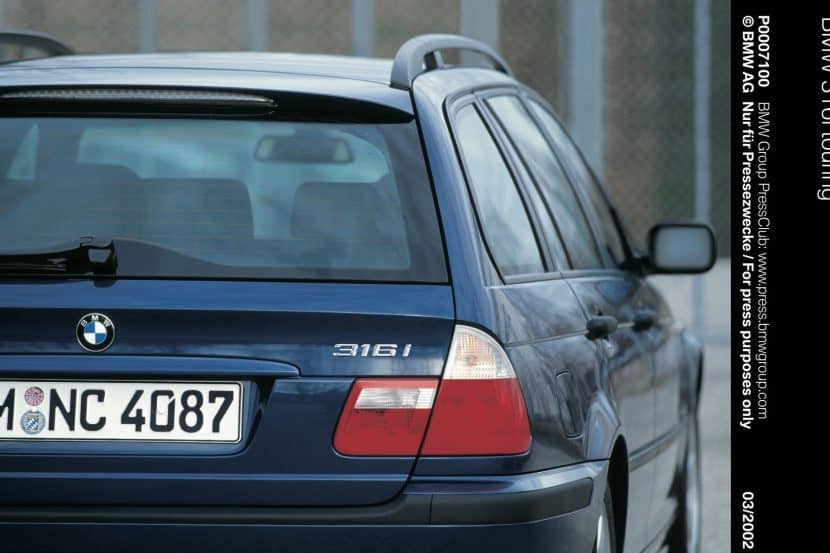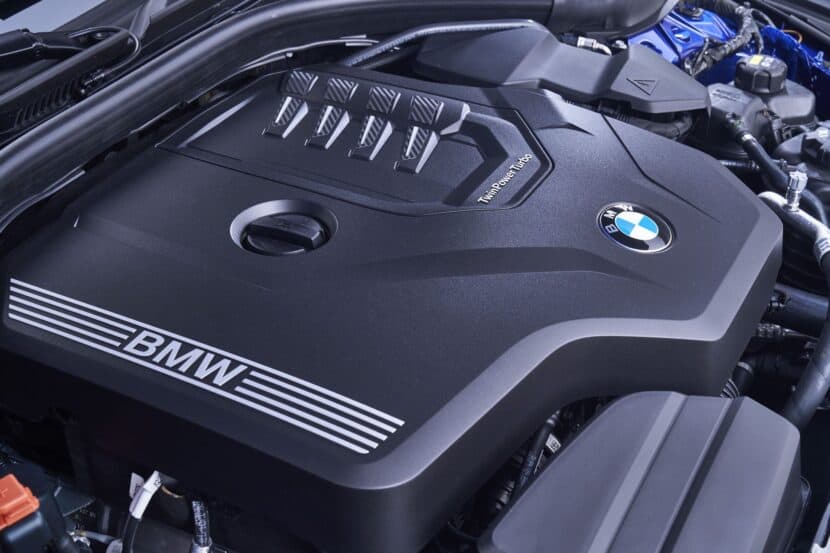The BMW M54 engine, produced between 2000 and 2006, is widely regarded as one of the brand’s most reliable and versatile straight-six engines. Its simplicity, durability, and performance have earned it a legendary status among enthusiasts and mechanics alike. Found in models such as the E46 3 Series, E39 5 Series, E53 X5, and Z4, the M54 remains a cornerstone of BMW’s vast engine lineup.
Reliability: A Hallmark of the M54
The M54 engine is renowned for its bulletproof reliability when properly maintained. With routine care, many examples have reached astronomical mileage. Some owners report engines surpassing 500,000 kilometers (310,000 miles) without major issues. A user on E46Fanatics.com even boasts an M54B30 with over 550,000 miles on the original engine, a testament to its durability.
This longevity is supported by its straightforward design and manageable weak points. The M54 avoids many of the pitfalls seen in other BMW engines, such as:
- No turbos or high-pressure fuel pumps like the N54.
- No timing belt to replace, unlike the M20.
- No valve adjustments required, unlike the M30.
Its stock forged crankshaft can handle impressive power, further showcasing its robust construction. However, regular maintenance is crucial to avoid common pitfalls, such as neglecting the cooling system, which can lead to catastrophic overheating.
Known weak points, such as the DISA valve, VANOS seals, and oil filter housing gasket (OFHG), are easily and affordably addressed with DIY solutions. This accessibility has cemented the M54’s reputation as a reliable and user-friendly engine.
M54 Engine Variants and Applications
The M54 was available in three configurations:
- M54B22: 2.2L, 168 hp, 155 lb-ft of torque
- M54B25: 2.5L, 189 hp, 181 lb-ft of torque
- M54B30: 3.0L, 228 hp, 221 lb-ft of torque
M54B22
- Specifications:
- Displacement: 2,171 cc (132.5 cu in)
- Power: 125 kW (168 hp) at 6,100 rpm
- Torque: 210 N⋅m (155 lb⋅ft) at 3,500 rpm
- Bore: 80 mm (3.1 in)
- Stroke: 72 mm (2.8 in)
- Compression Ratio: 10.8:1
- Applications:
- 2000–2006 E46 320i, 320Ci
- 2000–2003 E39 520i
- 2000–2002 E36/7 Z3 2.2i
- 2003–2005 E85 Z4 2.2i
- 2003–2005 E60/E61 520i
M54B25
- Specifications:
- Displacement: 2,494 cc (152.2 cu in)
- Power: 141 kW (189 hp) at 6,000 rpm
- Torque: 245 N⋅m (181 lb⋅ft) at 3,500 rpm
- Bore: 84 mm (3.3 in)
- Stroke: 75 mm (3.0 in)
- Compression Ratio: 10.5:1
- Applications:
- 2000–2002 E36/7 Z3 2.5i
- 2000–2006 E46 325i, 325xi, 325Ci
- 2000–2004 E46/5 325ti
- 2000–2004 E39 525i
- 2003–2005 E60/E61 525i, 525xi
- 2003–2006 E83 X3 2.5i
- 2002–2005 E85 Z4 2.5i
M54B30
- Specifications:
- Displacement: 2,979 cc (181.8 cu in)
- Power: 170 kW (228 hp) at 5,900 rpm
- Torque: 300 N⋅m (221 lb⋅ft) at 3,500 rpm
- Bore: 84 mm (3.3 in)
- Stroke: 89.6 mm (3.5 in)
- Compression Ratio: 10.2:1
- ZHP Version (US & Canada):
- Power: 175 kW (235 hp) at 5,900 rpm
- Torque: 301 N⋅m (222 lb⋅ft) at 3,500 rpm
- Redline: 6,800 rpm (6,500 rpm displayed in Canadian models)
- Awards:
- Included in Ward’s 10 Best Engines list (2001–2003)
- Applications:
- 2000–2006 E46 330i, 330xi, 330Ci
- 2000–2004 E39 530i
- 2000–2002 E36/7 Z3 3.0i
- 2003–2005 E60 530i
- 2002–2005 E85 Z4 3.0i
- 2003–2006 E83 X3 3.0i
- 2000–2006 E53 X5 3.0i
- 2002–2005 E65/E66 730i, 730Li
- 2000–2002 Wiesmann MF 30
Efficiency: Balancing Power and Economy
These M54 engines deliver a satisfying balance of performance and efficiency, with fuel consumption that remains respectable even by modern standards. Owners often praise the M54 for its ability to “come alive” above 3,500 RPM and then pulling strongly to its 7,000 RPM redline.
That said, high-mileage M54 engines can suffer from oil consumption issues, not due to neglect but because of BMW’s use of a two-ring oil control design prone to clogging. Later engine generations addressed this flaw by discontinuing the problematic design.
Tuning: Unlocking Potential
For enthusiasts looking to extract more performance, the M54 engine offers a solid foundation for tuning. Its forged crankshaft, robust internals, and high-revving nature make it an ideal candidate for modifications. Common upgrades include:
- Software Tunes: ECU remapping can provide modest gains in horsepower and torque while improving throttle response.
- Cold Air Intakes and Exhausts: Improved airflow and exhaust flow can enhance the engine’s breathing and add a sportier sound.
- Forced Induction: While the M54 is naturally aspirated, it can handle moderate supercharging or turbocharging with proper preparation, including upgraded internals and cooling.
Why the M54 Still Matters
The BMW M54 engine represents a golden era of naturally aspirated straight-sixes, delivering reliability, engaging performance, and a mechanical purity that resonates with enthusiasts. With proper care, it offers a driving experience that stands the test of time. Its ease of maintenance and widespread availability of DIY resources ensure it remains a practical and rewarding choice for owners.
Whether you’re maintaining a high-mileage daily driver, restoring a classic BMW, or seeking a platform for a tuning project, the M54 stands out as one of BMW’s finest engines. As long as you keep an eye on the cooling system, follow regular maintenance schedules, and address minor issues promptly, the M54 will take care of you for years to come.


